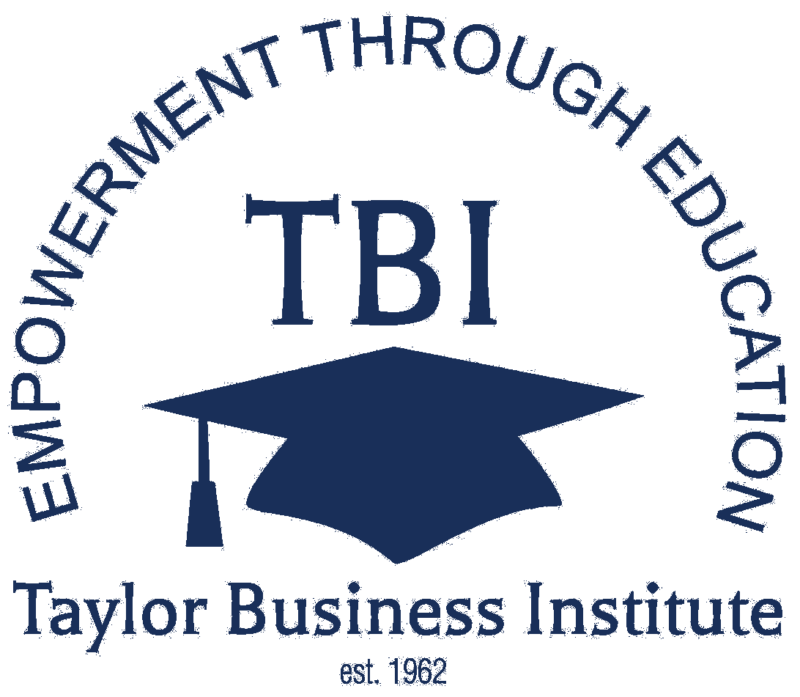Taylor Business Institute’s General Education Core prepares students to contribute to a complex, ever changing, diverse and multicultural world. The Associates of Applied Science degree provides the students with specialized knowledge and skills that connect with immediate employment opportunities. It is not designed primarily as a basis for transfer to a bachelor’s degree program, although it can serve that purpose. The General Education Core is designed to provide students with broad integrative knowledge and intellectual skills related to lifelong learning which also support employability. Today’s employers are looking not only for specialized skills but for skills in writing, thinking and interpersonal relationships that are crucial to the workplace. These skills are also essential to the academic and intellectual empowerment of a diverse and underserved student body. Students in all A.A.S. degree programs at TBI must participate in core General Education courses. What is learned in these courses is also reinforced in across the curriculum initiatives that promote general education values throughout their program of study.
In keeping with the mission of Taylor Business Institute, the faculty seeks to empower students to acquire a broad range of intellectual and practical skills during the completion of their degrees. The achievement of these outcomes will prepare students to be life-long learners and to effectively participate in future employment, educational, and public service opportunities.
Upon completion of the General Education requirements, students will be able to:
